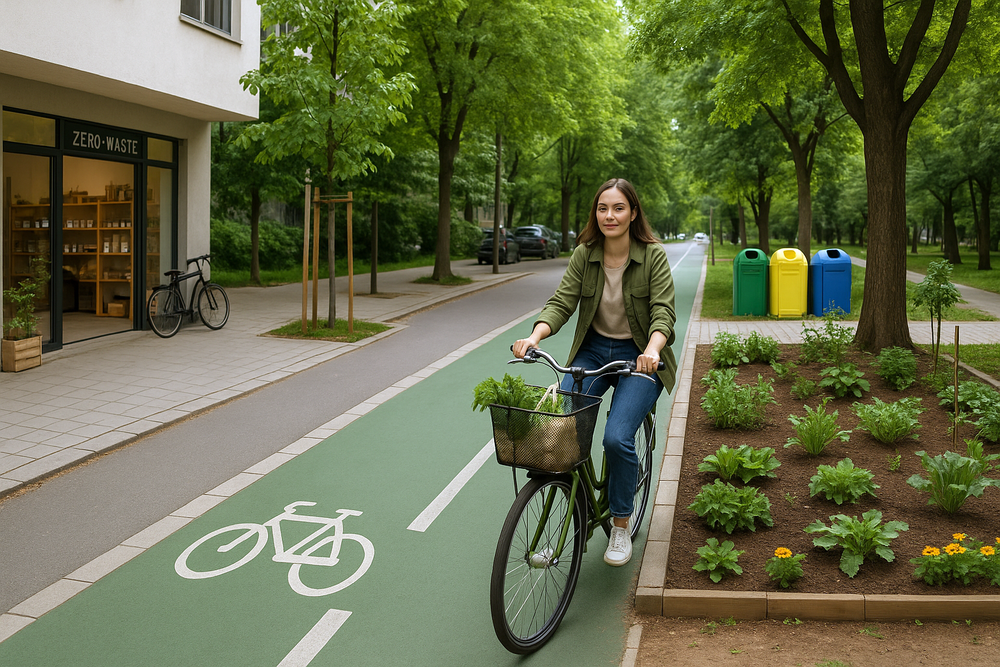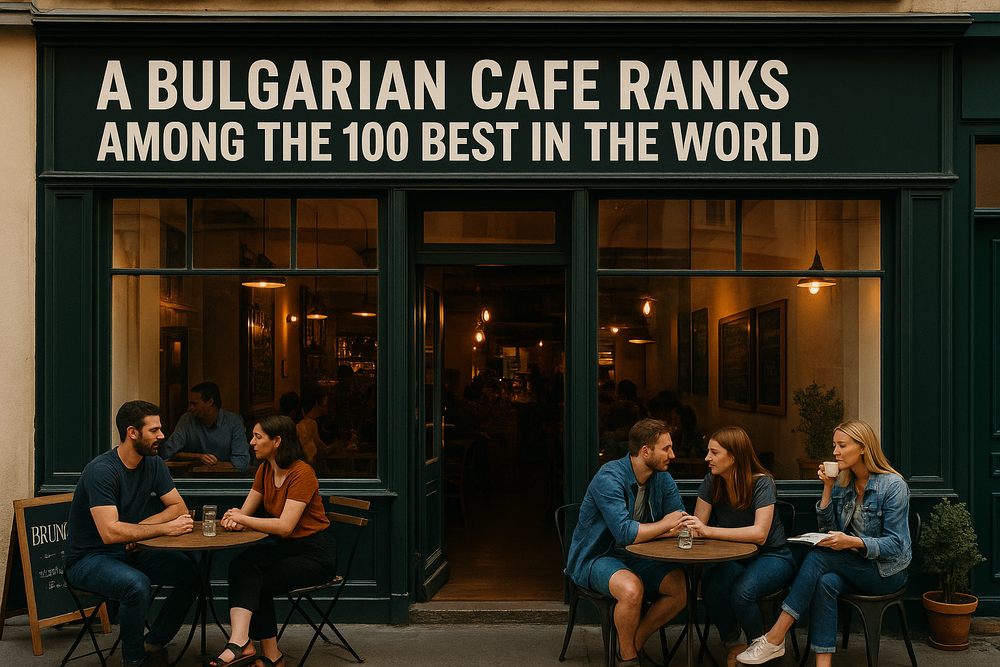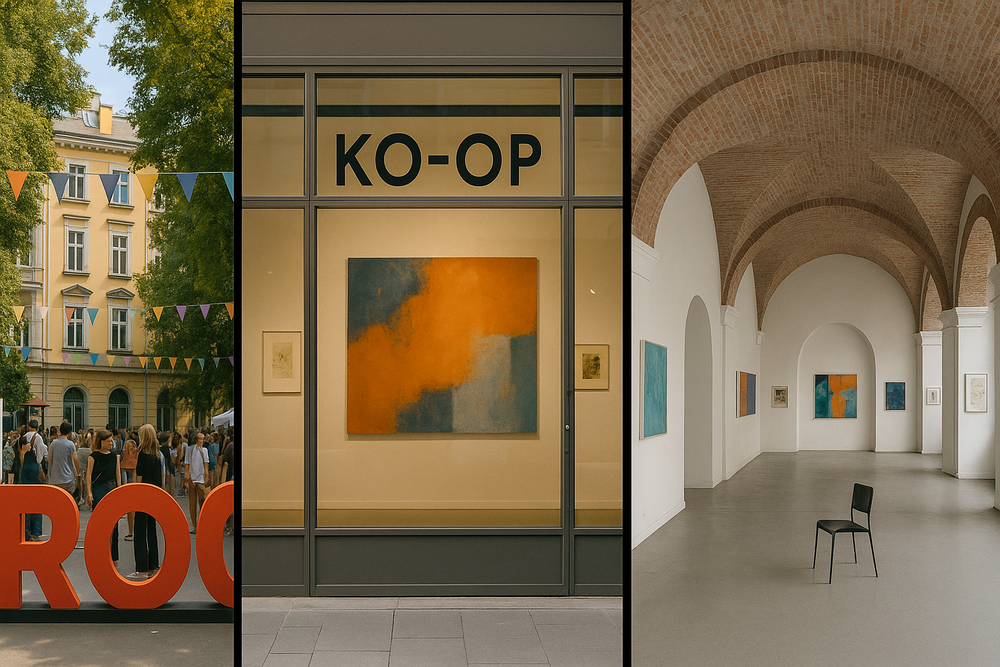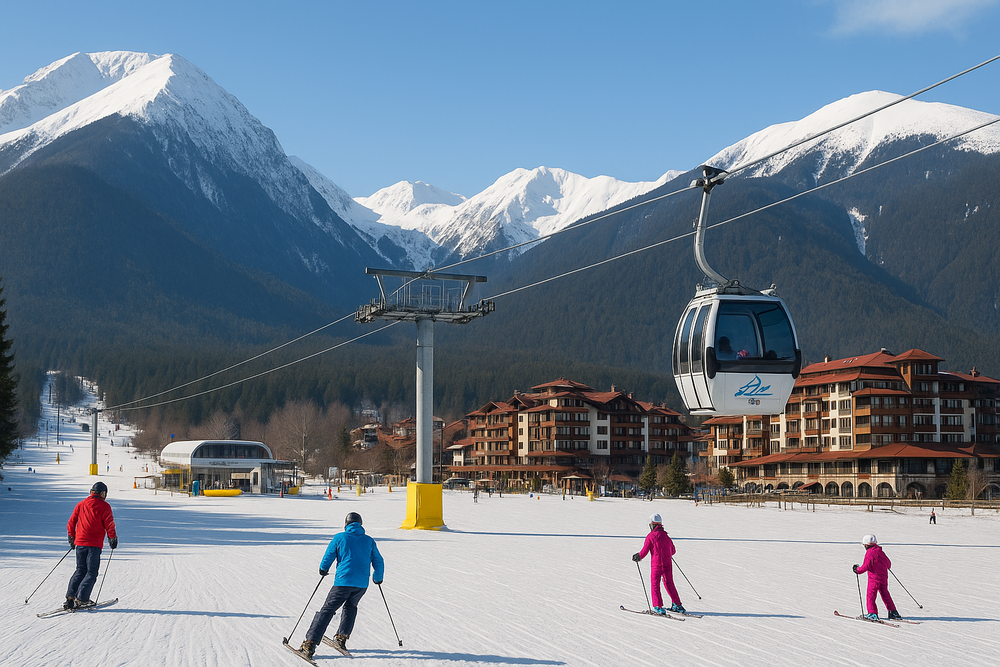
Eco-Conscious Bulgaria: Green Living Trends in the City
Once seen as trailing behind Europe’s green movement, Bulgaria is now showing promising signs of a quiet but steady eco-awakening. In urban centers like Sofia and Plovdiv, sustainable living is no longer a niche interest—it’s a growing way of life, especially among younger generations looking to reshape their cities and habits for a greener future.
From Plastic to Progress
Traditionally, Bulgaria has been slow to shake off its dependency on plastic. Plastic bags were handed out freely, recycling rates lagged behind EU averages, and car ownership remained high. But in recent years, public pressure, EU regulation, and grassroots activism have begun to shift the tide.
Sofia, in particular, has taken major steps. Color-coded bins for recycling are now a common sight in residential neighborhoods, and new legislation has increased incentives for sorting waste. Supermarkets have started charging for plastic bags and promoting reusable alternatives. Even older generations are adjusting. “I used to never think about recycling,” says Yordanka, a retired teacher. “Now my grandchildren remind me every time.”
Zero-Waste Shops and Conscious Consumption
A new wave of zero-waste stores and bulk-product refill shops are sprouting up in Sofia, Plovdiv, and even smaller towns. Shops like Zero Station and Green Revolucia offer organic goods without packaging, bamboo toothbrushes, reusable kitchen wraps, and eco-friendly cosmetics.
For Gen Z and millennials, sustainability is no longer a trend—it’s a lifestyle choice. Many young Bulgarians are turning to secondhand fashion, swapping fast food for farmer’s markets, and adopting minimalist values. Local social media influencers promote eco tips, DIY solutions, and “slow living” content.
Cycling Over Cars
Sofia’s streets—once notorious for traffic and smog—are gradually transforming. Over 50 km of new bike lanes have been added in recent years, with plans to expand cycling infrastructure further. Public bike-sharing programs like Sofia Bike make two-wheeled transport more accessible, while public transit has introduced new electric buses and hybrid vehicles.
“There’s still a long way to go,” admits Stefan, a city planner. “But for the first time, we’re seeing more bikes on the road—and fewer excuses not to use them.”
Urban Gardens and Green Spaces
Community-driven gardening initiatives are also taking root. Projects like Gorichka and Hrana, ne otpadak (“Food, not waste”) are promoting rooftop gardens, urban composting, and neighborhood food forests. Schools are planting vegetable patches; apartment blocks are turning concrete corners into flowerbeds.
These grassroots movements not only reduce emissions and waste—they also build community pride and shared responsibility. “Gardening has connected me with my neighbors like never before,” says Mila, a 32-year-old marketing professional from Plovdiv.
The Road Ahead
Challenges remain. Bulgaria still struggles with illegal dumping, car dependency in rural areas, and limited environmental education. But momentum is building. EU Green Deal funding, stricter environmental laws, and a rise in environmental NGOs are all nudging the country forward.
Bulgaria’s green transition won’t happen overnight, but the seeds are planted. And in cities like Sofia, those seeds are already beginning to bloom.





